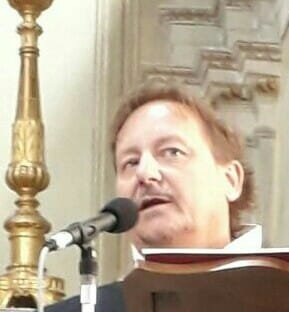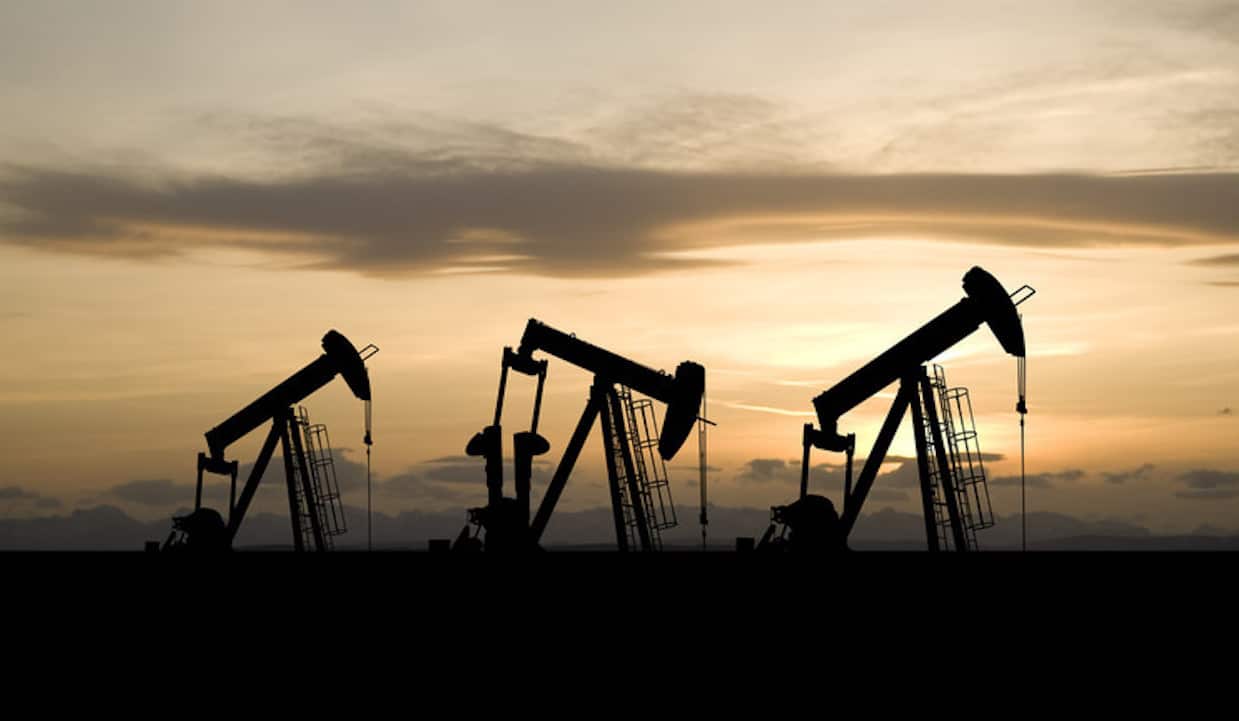Moscow has reiterated it will not sell oil to countries that support a price cap
An EU embargo on seaborne Russian crude officially began on Monday. At the same time, the bloc and its allies have also imposed a $60 price cap on oil exports.
The EU embargo was agreed in June, amid the sixth package of sanctions imposed on Moscow in connection with the conflict in Ukraine. The bloc is officially stopping seaborne oil imports from Russia starting on December 5, with the exception of Bulgaria. On-land deliveries via the Druzhba pipeline to Hungary, Slovakia, and the Czech Republic are also excluded. The move includes a restriction on European insurance for tankers supplying oil from Russia to third countries.
The price cap on Russian oil, agreed upon last week by the EU, G7 countries, and Australia, also comes into effect on December 5. The measure sets a maximum price at which Russian oil can be sold at $60 per barrel. Anything over that level is excluded from receiving brokerage, shipping, insurance, and other services. There is a transition period of 45 days for vessels carrying Russian oil purchased and loaded prior to December 5.
Over the weekend, Russia reiterated that it will neither agree to the price cap nor sell its oil to countries supporting it.
“We believe that this tool is non-market, inefficient, grossly interferes with market instruments, contrary to all the rules, like those of the WTO, for example. We are not going to use price cap instruments. We are now working on mechanisms to prohibit the use of the cap,” Russian Deputy Prime Minister Alexander Novak told Rossiya 24 TV on Sunday. He added that Russia will only sell its oil to countries “that work with us on market terms,” even if it means reducing output.


Fabio is the Director and Editor of Gospa News; a Christian Information Journal.
Fabio Giuseppe Carlo Carisio, born on 24/2/1967 in Borgosesia, started working as a reporter when he was only 19 years old in the alpine area of Valsesia, Piedmont, his birth region in Italy. After studying literature and history at the Catholic University of the Sacred Heart in Milan, he became deputy director of a local newspaper and specialized in judicial reporting.
For about 15 years he is a correspondent from Northern Italy for the Italian newspapers Libero and Il Giornale, also writing important revelations on the Ustica massacre, a report on Freemasonry and organized crime.
With independent investigations, he collaborates with Carabinieri and Guardia di Finanza in important investigations that conclude with the arrest of Camorra entrepreneurs or corrupt politicians.
In July 2018 he found the counter-information web media Gospa News focused on geopolitics, terrorism, the Middle East, and military intelligence. He is a correspondent from Italy for the French news site Reseau International.
He worked for many years for the magazine Art & Wine as an art critic and curator
ATTENTION READERS
We See The World From All Sides and Want YOU To Be Fully InformedIn fact, intentional disinformation is a disgraceful scourge in media today. So to assuage any possible errant incorrect information posted herein, we strongly encourage you to seek corroboration from other non-VT sources before forming an educated opinion.
About VT - Policies & Disclosures - Comment Policy





